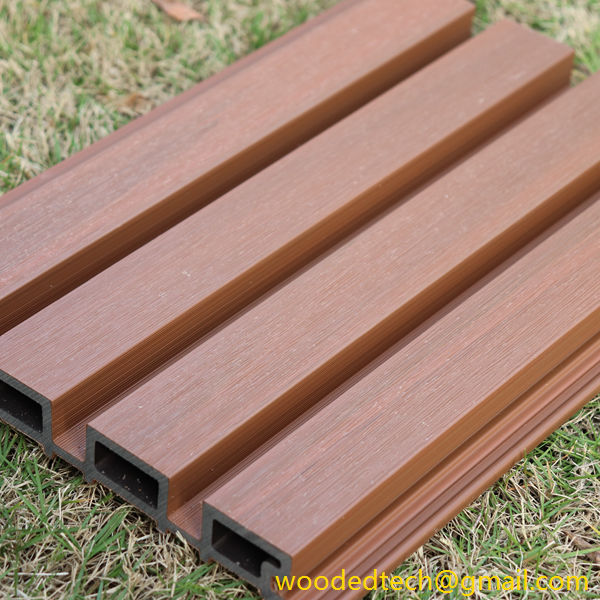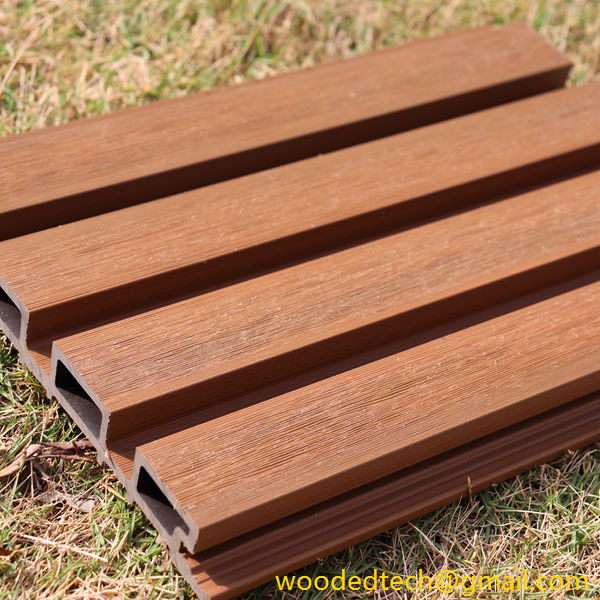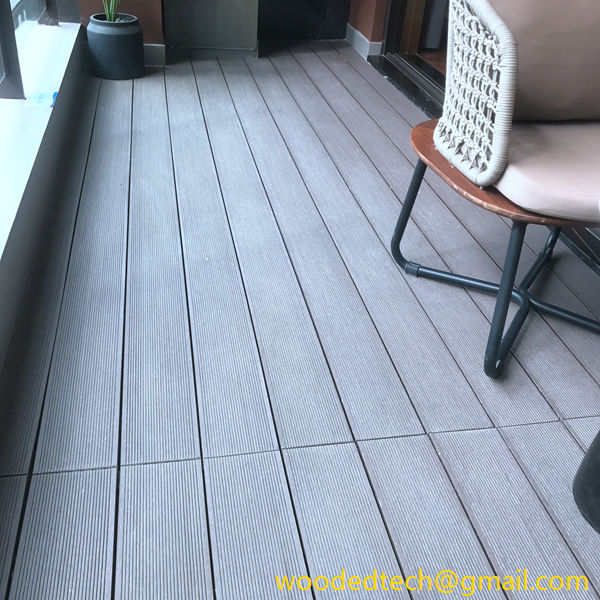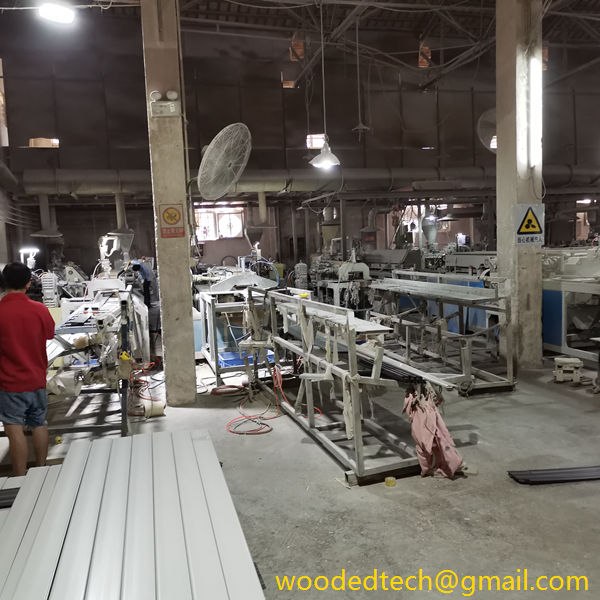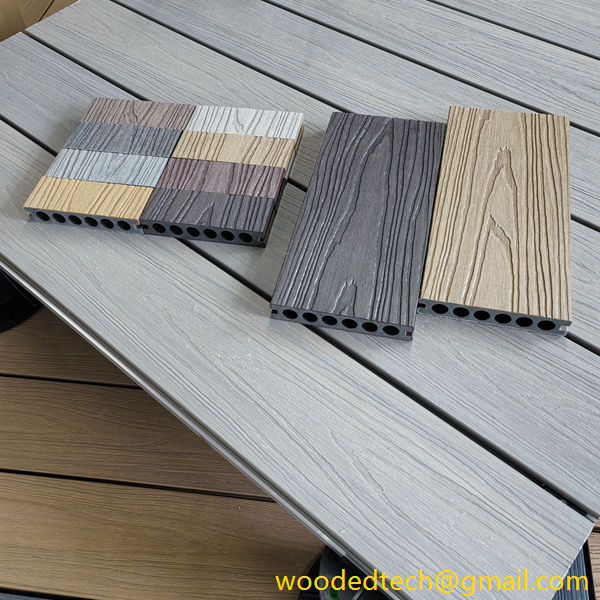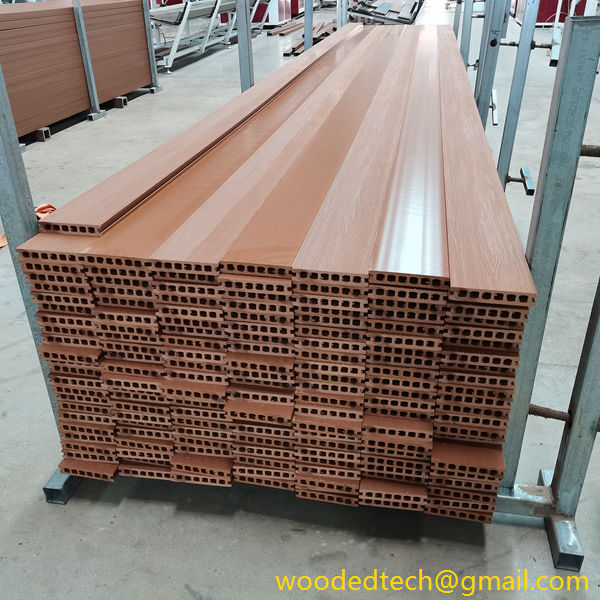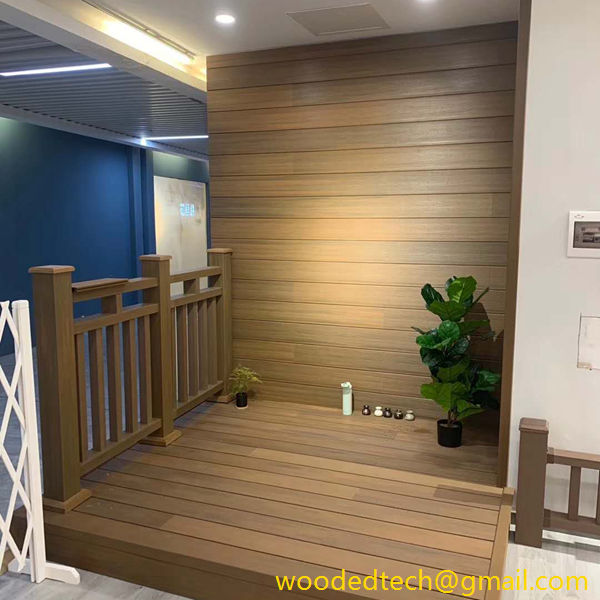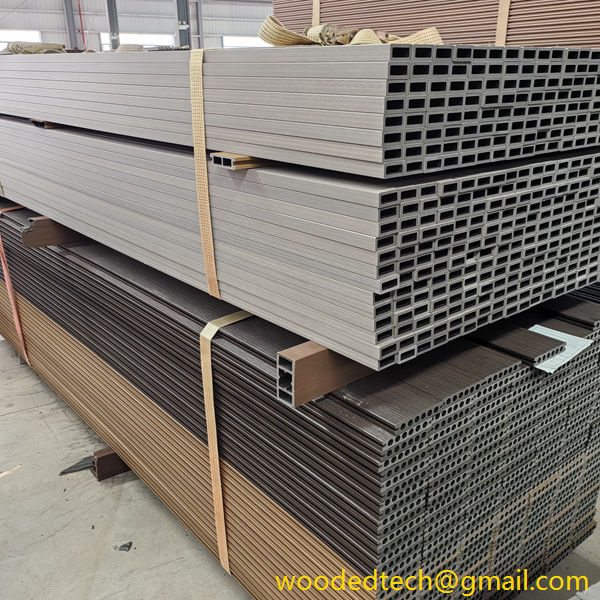Advantages of Insulated Exterior Wall Panels for Energy Efficiency
Advantages of Insulated Exterior Wall Panels for Energy Efficiency Insulated exterior wall panels have gained significant attention in the construction industry due to their numerous advantages, particularly regarding energy efficiency. As the world becomes increasingly aware of the need for sustainable building practices, the incorporation of insulated wall panels in design and construction has emerged…
Advantages of Insulated Exterior Wall Panels for Energy Efficiency
Insulated exterior wall panels have gained significant attention in the construction industry due to their numerous advantages, particularly regarding energy efficiency. As the world becomes increasingly aware of the need for sustainable building practices, the incorporation of insulated wall panels in design and construction has emerged as a viable solution to meet both environmental and economic goals. This article explores the various benefits of insulated exterior wall panels, focusing on their role in enhancing energy efficiency.
One of the primary advantages of insulated exterior wall panels is their ability to reduce thermal bridging. Traditional construction methods often involve multiple materials that can create pathways for heat transfer, leading to energy loss. Insulated wall panels, however, are designed as a single unit, which significantly minimizes the chances of thermal bridging. By creating a continuous layer of insulation, these panels ensure that heat remains inside during colder months and is kept out during warmer months. This characteristic alone can result in substantial energy savings, as less energy is required for heating and cooling systems to maintain comfortable indoor temperatures.
Another significant benefit of insulated exterior wall panels is their superior insulation performance compared to conventional building materials. These panels are typically manufactured with high-performance insulation materials, such as expanded polystyrene (EPS), extruded polystyrene (XPS), or polyurethane foam. These materials possess excellent thermal resistance properties, allowing them to effectively maintain indoor temperatures. The higher the R-value of a material, the better its insulation capabilities. Insulated wall panels often boast R-values that exceed those of traditional wall systems, leading to a more energy-efficient building envelope.
The reduction in energy consumption not only contributes to lower utility bills but also has a positive impact on the environment. Buildings are significant contributors to greenhouse gas emissions, primarily due to energy use for heating and cooling. By improving energy efficiency through the use of insulated exterior wall panels, builders can help reduce the carbon footprint of their projects. This aligns with global efforts to combat climate change and promotes responsible building practices that prioritize sustainability.
In addition to their thermal performance, insulated exterior wall panels also offer superior air sealing properties. Air leaks in a building can account for a significant amount of energy loss, as conditioned air escapes and unconditioned air infiltrates. Insulated wall panels are designed to fit together tightly, reducing the likelihood of air leaks and ensuring a more consistent indoor environment. This air sealing capability not only enhances comfort levels for occupants but also contributes to overall energy efficiency by reducing the workload on heating and cooling systems.
The installation process for insulated exterior wall panels can also lead to energy efficiency benefits. These panels are often prefabricated in a controlled environment, which can reduce construction waste and improve quality control. The speed of installation is another advantage, as these panels can be quickly assembled on-site, leading to shorter construction timelines. When buildings are constructed more efficiently, they require less energy during the construction phase, further enhancing the overall energy performance of the building.
Durability is another key advantage of insulated exterior wall panels. Many of these panels are designed to withstand harsh weather conditions, reducing the need for frequent repairs or replacements. This longevity translates to lower maintenance costs over the life of the building. By investing in durable materials that contribute to energy efficiency, property owners can enjoy long-term savings and reduced resource consumption.
Furthermore, insulated exterior wall panels can contribute to improved indoor air quality. Traditional building materials can sometimes harbor moisture and promote mold growth if not properly managed. However, the insulation materials used in insulated panels are often resistant to moisture, helping to maintain a healthier indoor environment. Improved indoor air quality is essential for occupant health and comfort, making insulated wall panels an attractive option for both residential and commercial buildings.
The aesthetic versatility of insulated exterior wall panels is another noteworthy advantage. These panels can be produced in various finishes, colors, and textures, allowing architects and builders to achieve a range of design aesthetics while maintaining energy efficiency. This flexibility enables the integration of energy-efficient solutions into a wide array of architectural styles, making them suitable for diverse applications, from residential homes to large commercial buildings.
In conclusion, insulated exterior wall panels present a multitude of advantages that significantly enhance energy efficiency in building construction. By reducing thermal bridging, providing superior insulation performance, improving air sealing, and promoting sustainability, these panels offer an effective solution to modern energy challenges. Their durability, ease of installation, and aesthetic appeal further solidify their position as a preferred choice for builders aiming to create energy-efficient and environmentally friendly structures. As the demand for sustainable building practices continues to grow, insulated exterior wall panels will undoubtedly play a crucial role in shaping the future of construction technology.

